SPC conducts research on maritime adjudication
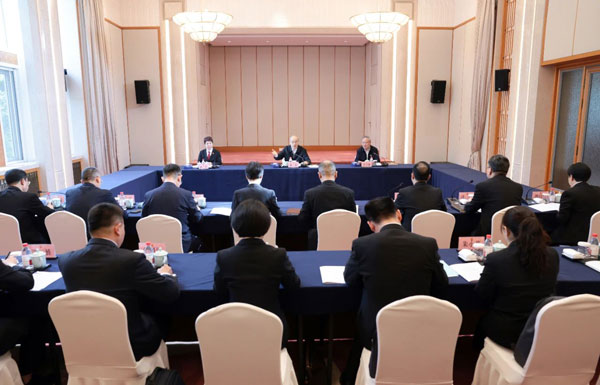
On April 24, a research group led by Zhang Jun, president of the Supreme People’s Court, holds a meeting with representatives from the Zhejiang High People’s Court and maritime courts to discuss the high-quality development of maritime adjudication. [Photo/court.gov.cn]]
On April 24, a research group led by Zhang Jun, president of the Supreme People’s Court, held a meeting with representatives from the Zhejiang High People’s Court and maritime courts to discuss the high-quality development of maritime adjudication.
The meeting focused on how maritime courts can better contribute to China’s goal of becoming a maritime power and its efforts to enhance high-level opening-up. The group also examined how maritime courts can improve their effectiveness in adjudication and serve both domestic and foreign parties through high-quality judicial services.
Over the past year, maritime courts across China have upheld the leadership of the Communist Party of China and made significant progress in safeguarding national maritime rights and interests, resolving disputes, and cultivating professional talent, with focus on national priorities. They have improved judicial mechanisms to address challenges such as sanctions, foreign interference, and extraterritorial legal claims, providing strong support for high-quality development and high-level opening up.
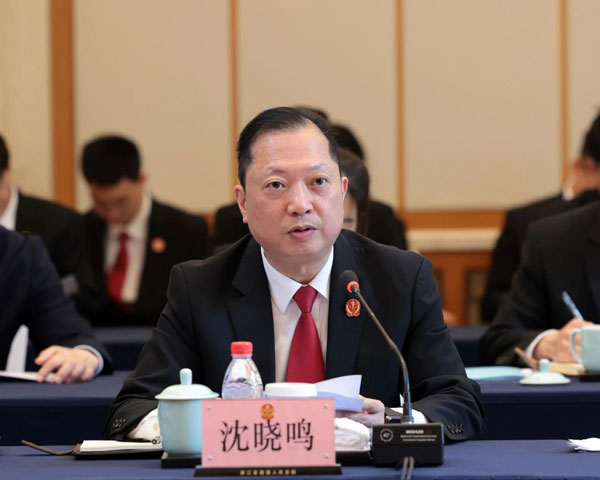

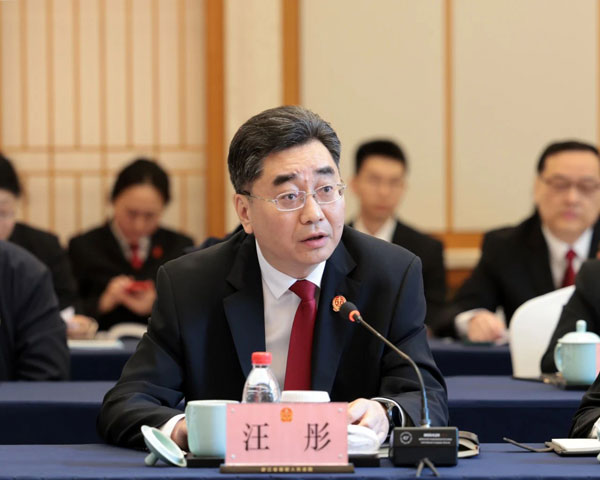
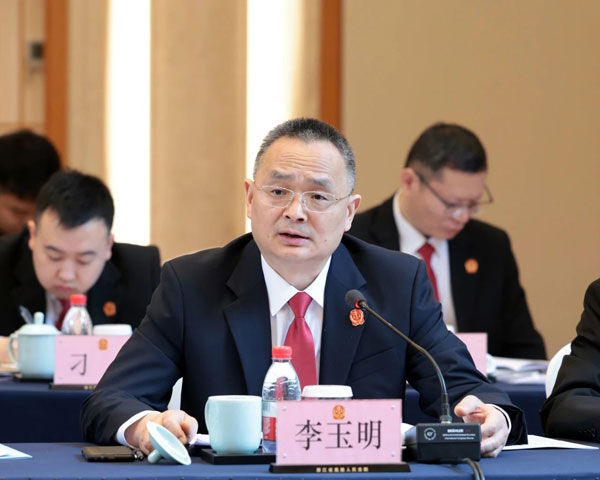
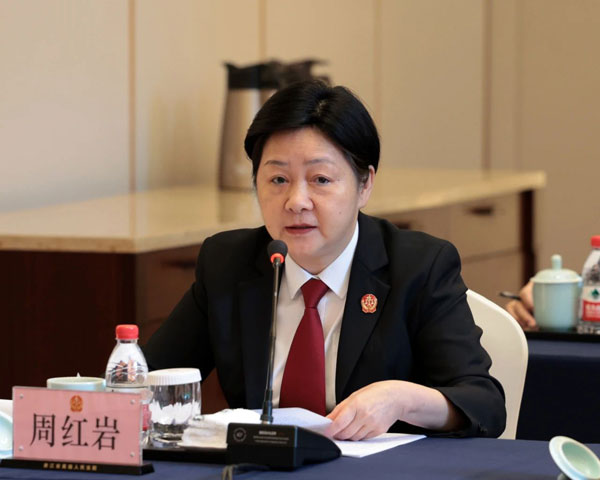
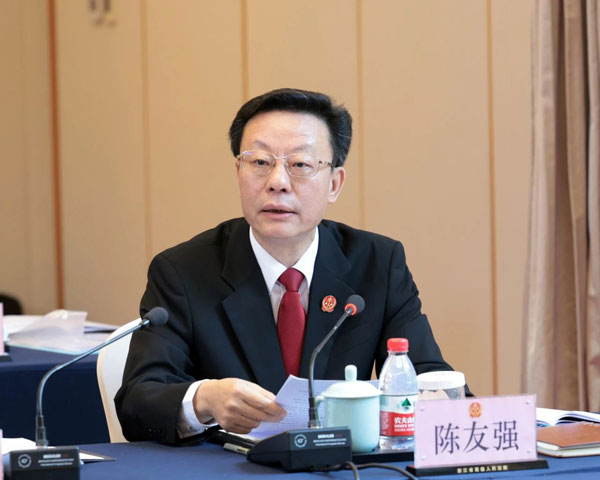
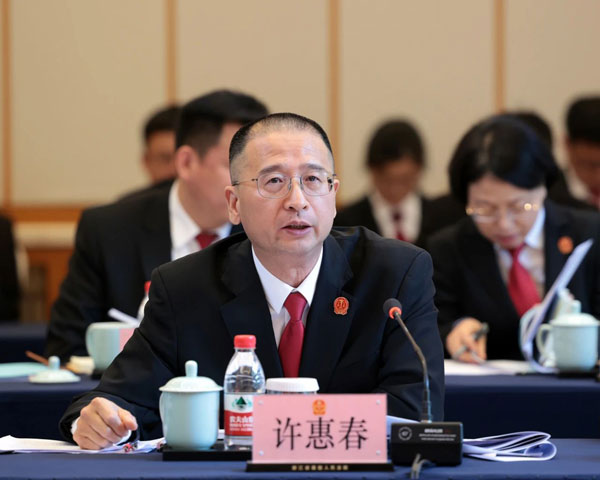
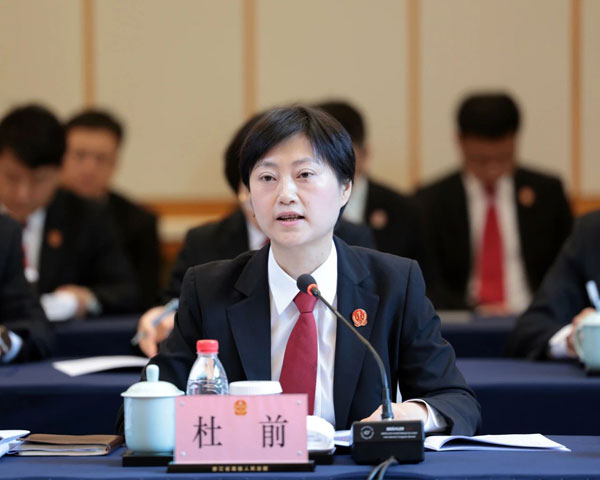
Officials from six maritime courts in Ningbo, Dalian, Shanghai, Nanjing, Xiamen and Guangzhou, as well as those from Zhejiang High People’s Court and Ningbo Intermediate People’s Court, speak about challenges at the meeting and propose solutions to enhance maritime adjudication based on their practical experiences. [Photo/court.gov.cn]
Officials from six maritime courts in Ningbo, Dalian, Shanghai, Nanjing, Xiamen and Guangzhou, as well as those from Zhejiang High People’s Court and Ningbo Intermediate People’s Court, spoke about challenges at the meeting and proposed solutions to enhance maritime adjudication based on their practical experiences. Issues raised included the increasing number of maritime cases due to changes in the international situation, the shortage of multidisciplinary professionals, and coordination difficulties with administrative departments.
Zhang said maritime courts must align their efforts with national security and legal principles, coordinating development and security with both domestic and international landscape taken into account. He encouraged judges to tell compelling stories about maritime adjudication, prevent disputes at the source, and provide more effective training. Zhang also stressed the importance of enhancing the international influence of China’s maritime adjudication and deepening reforms to improve the organization and specialized management of maritime adjudication. He called for strengthening the professionalism of judges and improving the overall quality of maritime judicial teams to meet the growing demands of global maritime governance.
Li Zhanguo, president of the Zhejiang High People’s Court, participated in the research and discussions.









